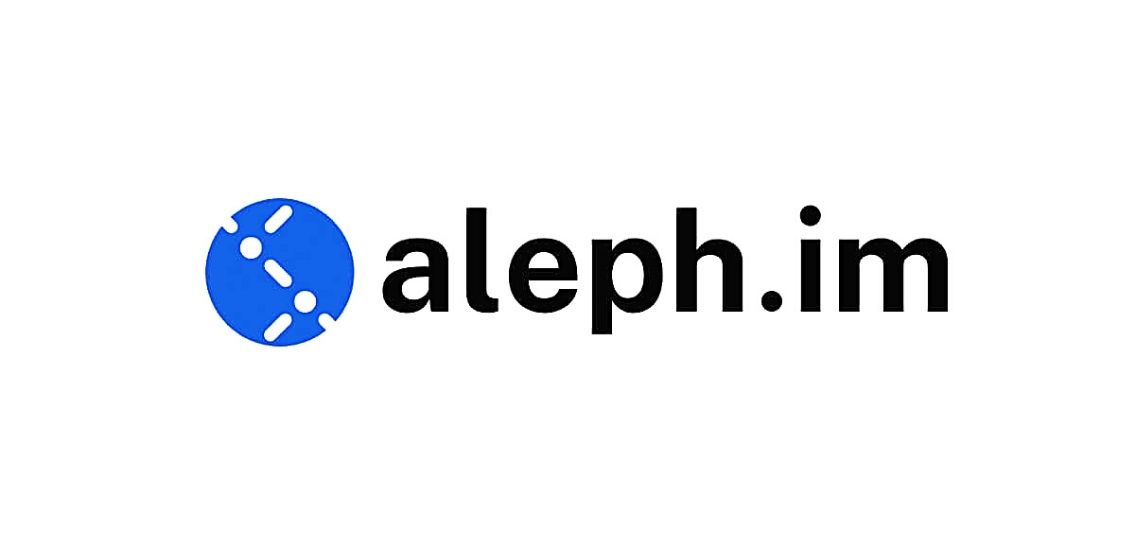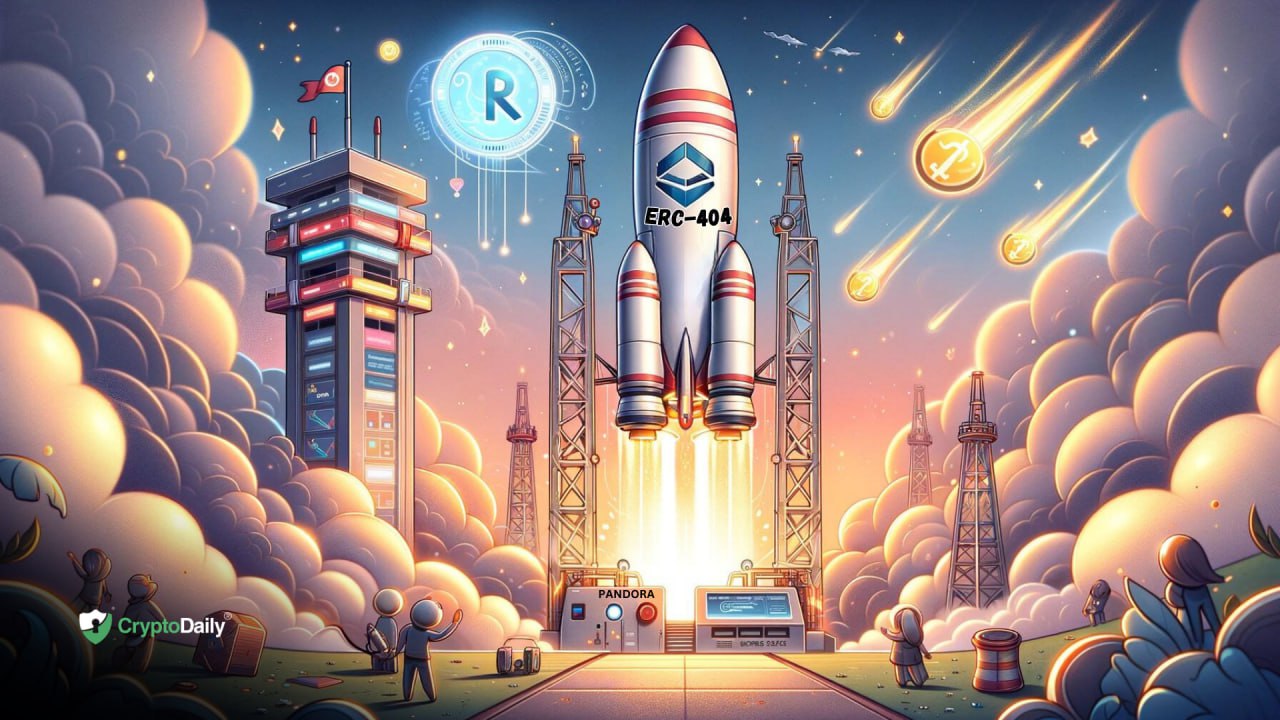Table of Contents
- A Common Misconception
- Leveraging InterPlanetary File System (IPFS)
- Unstoppable Decentralized Storage Solutions
- Powering The Decentralized Web
- What is Aleph.im?
- What is Polygon?
Cross-blockchain decentralized storage and computing network Aleph.im has announced that it will be integrating with Polygon, an Ethereum scaling project. The integration will give NFTs, marketplaces, and decentralized applications running on Polygon an added layer of security and permanence.
The NFT market in Q1 of 2021 managed to generate over $1.1 billion in cumulative sales, representing a growth of 2000% since Q4 of 2020.
A Common Misconception
A common misconception in the NFT market is that NFTs are, by default, decentralized and safe. However, this isn’t always the case. Digital assets and collectibles are under constant threat of disappearing, thanks to overreliance on centralized infrastructure for hosting and media storage, a risk that NFT collectors often fail to realize.
Leveraging InterPlanetary File System (IPFS)
The process of buying an NFT entails minting a cryptographic signature that acts like a digital fingerprint that can be used to reference the artwork, video, or GIF. These are generally located on another part of the internet.
The images or videos associated with NFTs are generally stored on traditional, centralized web domains, and these can often go missing or can easily be altered. In a bid to rectify the problem, NFT creators have started leveraging IPFS or InterPlanetary File System, a peer-to-peer web protocol.
Aleph.im CEO Jonathan Schemoul offers a better explanation,
“The issue is that NFT marketplaces might opt for centralized options for data hosting that is faster to deploy, such as AWS or Google. While this is a cheap and efficient option, it often creates central points of failures or vulnerabilities to attacks”.
Unstoppable Decentralized Storage Solutions
Aleph.im offers decentralized storage systems for all types of data and files. In the case of NFTs, the Aleph.im Backup dApp creates a snapshot of all data that is attached to the NFT. It then backs it up on the InterPlanetary File System, following which it pins it more than 50 times on each core channel of the Aleph.im decentralized network.
Powering The Decentralized Web
The popularity of DeFi and NFTs has led to congestion on blockchains like Ethereum, leading to bottlenecks and high fees. In addition, the transition from Web 2 to Web 3 requires secure and advanced infrastructure.
Polygon (Matic Network) provides a structured, easy-to-use platform for Ethereum scaling and infrastructure development, addressing problems that could occur during the transition from web 2 to web 3. Polygon’s ecosystem is among the largest multi-chain systems globally and consists of over 50 EVM networks, dozens of Layer-2 implementations, and hundreds of enterprise chains.
Co-Founder of Polygon, Sandeep Nailwal, adds,
“We’re pleased to collaborate with Aleph.im to supercharge the NFT ecosystem on Polygon further, allowing NFT-focused Dapps to seamlessly use Aleph.im’s decentralized storage services for their NFT storage needs. Combined with Polygon’s high-speed and low-cost transactions, this will be a great service for developers in the NFT space”.
Through the partnership, Polygon and its partners will leverage Aleph.im’s decentralized databases (including file storage), computation, and decentralized identification (DID) framework and help interconnected dApps and protocols to remove centralized components from their stack.
Jonathan Schemoul added,
“You can think of Aleph.im as a decentralized AWS or Firebase. Our mission is to decentralize the web fully, and this includes NFTs, marketplaces, dApps, and blockchain networks.”
What is Aleph.im?
A distributed cloud platform, Aleph.im provides file storage, database hosting, and serverless trusted computing services to users on its platform. Its decentralized solutions match up to traditional centralized cloud computing. dApps from any chain can access database solutions thanks to Aleph.im’s programming language-agnostic interface and its scalable peer-to-peer network.
What is Polygon?
Polygon, formerly Matic, hopes to enable Ethereum to transform into a powerful, multi-chain system. The Polygon Hybrid POS-Plasma chain is a scalability solution providing secure, scalable, and instant transactions that are powered by POS side chains and a version of Plasma.
Polygon is leveraging a combination of blockchain scaling, developer platforms, and tools to change slow and complex decentralized transactions while also improving user experience. Polygon is working towards making blockchain mainstream and enabling Ethereum to become a powerful multi-chain system.
Disclaimer: This article is provided for informational purposes only. It is not offered or intended to be used as legal, tax, investment, financial, or other advice.
Investment Disclaimer













